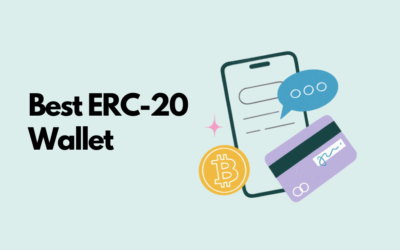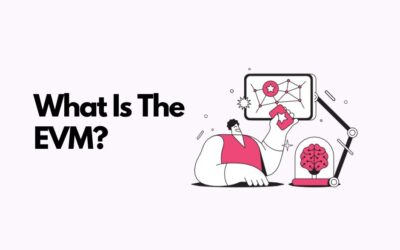There are many smart contracts that are important for Solidity developers to understand. Knowing the best practices will make you a stronger engineer.
Here are ten examples of smart contracts that may be particularly useful for Solidity developers to learn:
ERC-20 token contract
The ERC-20 standard defines a common set of rules for Ethereum tokens, making it easy for developers to create and manage their own custom tokens.
ERC-721 token contract
The ERC-721 standard defines a set of rules for creating non-fungible tokens on Ethereum. These tokens are unique and indivisible and are often used to represent items such as collectibles or game items.
Simple auction contract
A simple auction contract allows users to bid on an item, with the highest bidder winning the auction when it closes.
Crowdfunding contract
A crowdfunding contract allows people to contribute money towards a shared goal, and releases the funds to the project creator when the goal is reached.
Escrow contract
An escrow contract holds funds in a secure, neutral third-party account until certain conditions are met, at which point the funds are released.
Multisignature wallet contract
A multi-signature wallet requires multiple parties to sign off on transactions before they can be executed, providing an additional layer of security.
Voting contract
A voting contract allows users to cast votes on a particular issue, with the results being recorded on the blockchain.
Domain name registry contract
A domain name registry contract allows users to register and manage human-readable names for Ethereum addresses.
Predictive market contract: A predictive market contract allows users to buy and sell shares in the outcome of future events, with the payouts being based on the actual outcome of the event.
Gaming contract
Gaming contracts can be used to create decentralized games or gambling platforms on Ethereum.








0 Comments